While many shows embrace the paperback melodrama, few can fully explore these themes while touching the larger discourse. Yet the 2020s have seen a spark in this subgenre, with The White Lotus and Succession successfully marrying drama, business, and sex to perfection. Rivals – a new British series based on the Jilly Cooper novel of the same name – tries to thread the needle. While stars David Tennant, Alex Hassell, and Aidan Turner all shine, the women often feel underserved. It’s a frustrating development, in part because the series makes a point to tell us how women are ignored and undermined outside their relationships with men.
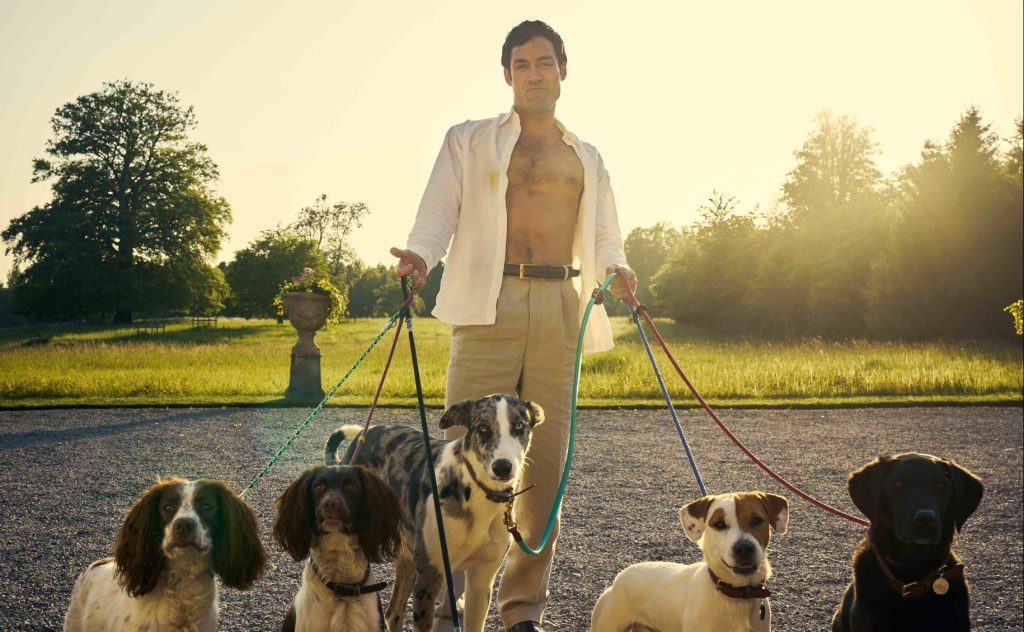
Rivals – The Plot
In the 1980s, the fictional county of Rutshire features two figures doing battle. Lord Tony Baddingham (Tennant) wants to destroy politician and infamous womanizer Rupert Campbell-Black (Hassell). To help with his mission against Rupert, Tony hires famed journalist Declan O’Hara (Aiden Turner) and American producer Cameron Cook (Nafessa Williams). However, as tempers flare and sexual relationships with the Corinium TV station spill into the open, Rutshire finds itself a battleground in Tony and Rupert’s fight. Meanwhile, Declan’s daughter Taggie (Bella Maclean) and Rupert find themselves in a dangerous attraction.
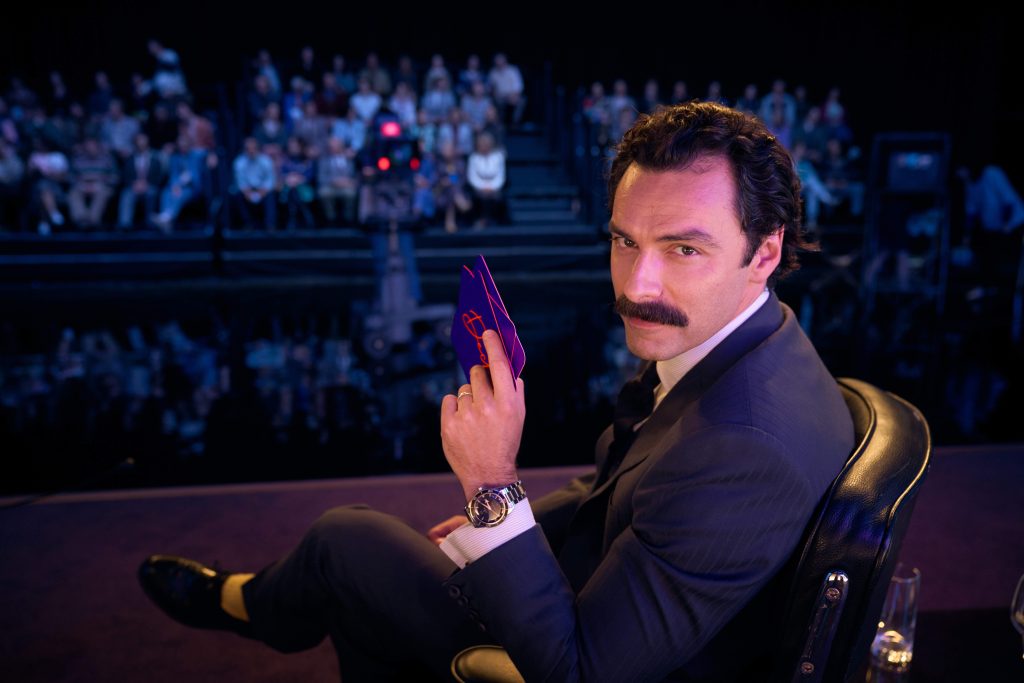
Sex sells, and Rivals provides plenty of it.
The rise of more lurid television has been good for the medium. Shows like Bridgerton and Sex Education use sex to lure audiences into deeper conversations about modern relationships. Given the prevalence of lust and sexual exploits in Cooper’s novels, the idea of adapting popular romance novel series makes perfect sense. The rise of romance on paperback shelves and Booktok provides a strong template for the show’s audience.
However, Rivals wants to be two very different shows simultaneously. While Sex Education and Bridgerton prioritize relationship building – with sex undeniably being part of the conversation – Rivals intends to follow the business intrigue between the men. As such, many of the more lurid sequences of the series feel like an afterthought, simply getting in the way of the core fight between Rupert and Tony. This creates an odd dichotomy in Rivals that the series can never fully overcome in the eight episodes.
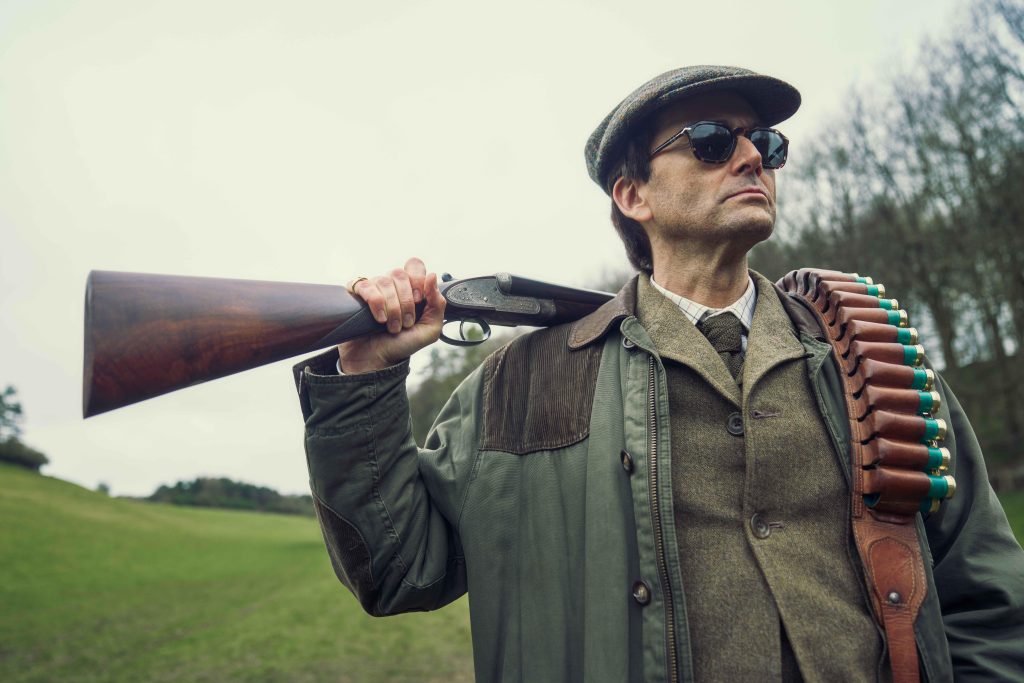
The women are pushed to the background, even when Rivals tells us women deserve agency.
Additionally, Rivals suffers a problem with its women. From top to bottom, many are never provided agency, even when the show tells us they deserve it. Only two women see their station in life markedly improve over the first series, and both do so through actions within their relationships with men.
This is particularly frustrating for Williams, whose character is easily the most intriguing figure in the show. While Rivals tells us Williams should be respected, her storylines often fall within the plot points of the two men at the helm. She’s a mistress for Tennant and gets promotions based on her willingness to sleep with him. When she feels disrespected by Tennant’s character, she enters into an illicit affair with Hassell (whose motives are driven by business and the destruction of Tennant). While Williams delivers the best performance on the show, she’s often used as eye candy. She does not get a chance to make a meaningful decision for herself until the closing episodes of the season.
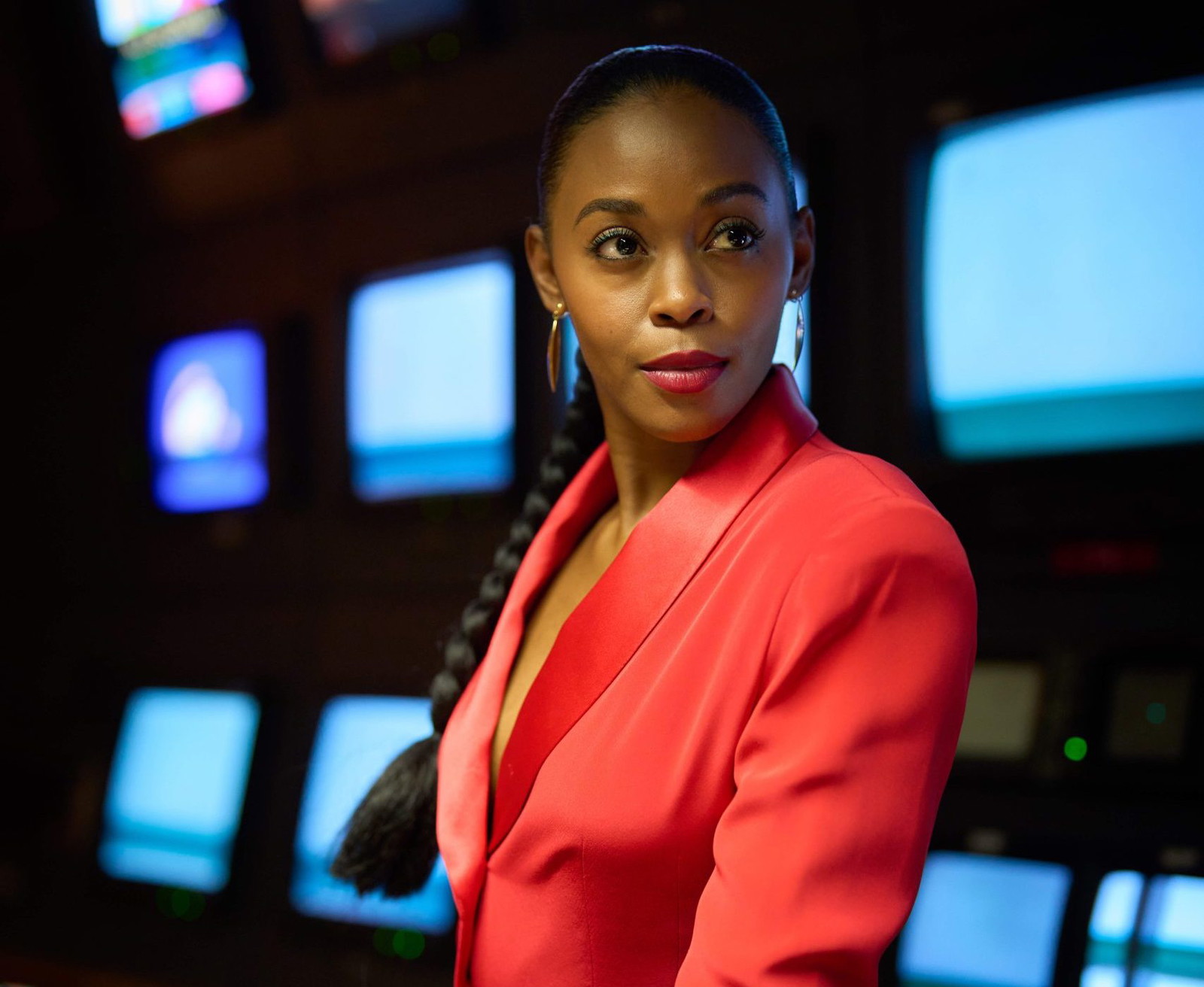
Using women as objects for men to conquest becomes a trend, with many of the women on the series appearing fully nude or topless. Meanwhile, the men show very little nudity. Even during sexual encounters, men often retain clothing while the women are fully naked. There’s no problem with sexually explicit material, but even within these scenes, there feels like there’s a double standard at play. Even when the relationship has not escalated to sexual contact, we see many of the other characters lusting after men. This is most obvious with Maclean and Katherine Parkinson, both of whom yearn for men to behave themselves.
To Rivals‘ credit, there’s a lurking aspect of the homosocial triangle underlying some of the relationships. It’s most obvious when both Tennant and Hassell pursue the same woman, and their jealousies become overwhelming. Their hatred should drive much of the story, but it’s too one-note.
We love shows like Succession and Industry because they provide layers of depth and nuance to their characters. Rivals does not achieve this feat, instead painting its characters with broad brushes and asks us to fill in the rest. It’s not fun to watch these men misbehave, even if it’s because we want them to knife each other. It’s a disservice to Cooper’s novels that they feel so flat.
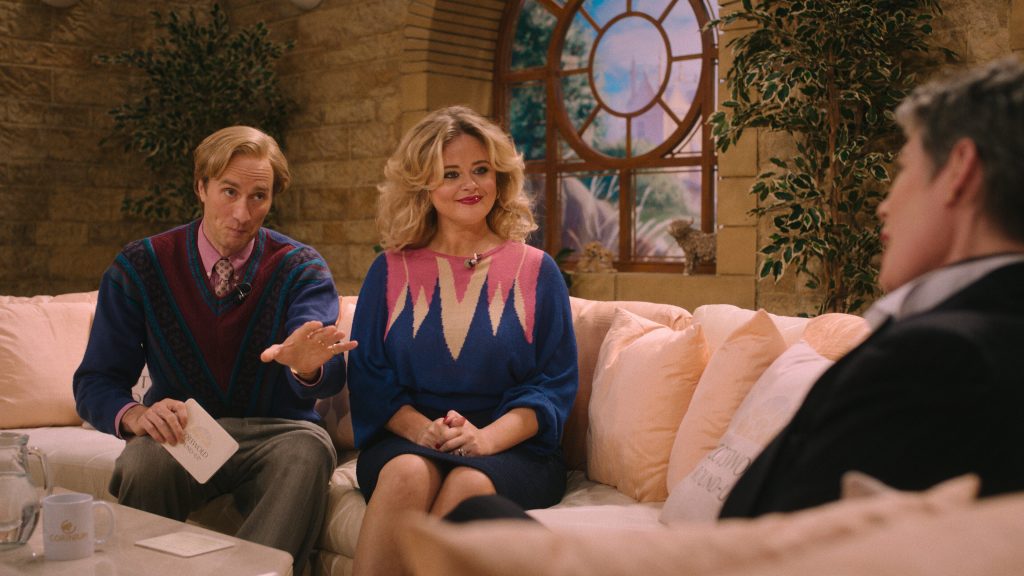
Should I watch Rivals?
We will not deny this: Rivals certainly rises above some empty-calorie shows in the modern TV landscape. Enough is going on in the performances to enjoy oneself, though it relies quite a bit on the audience’s relationship to both Tennant and Turner. Rivals may fancy itself a 1980s Dallas or Dynasty (it goes so far as to name the show outright), but in its first season, there’s not enough to convince us. Rivals tell us why we should care, but when it comes to giving us material to root for these characters, it underwhelms.
Watch Rivals on Hulu starting October 18, 2024. All eight episodes were provided and screened for this review.

